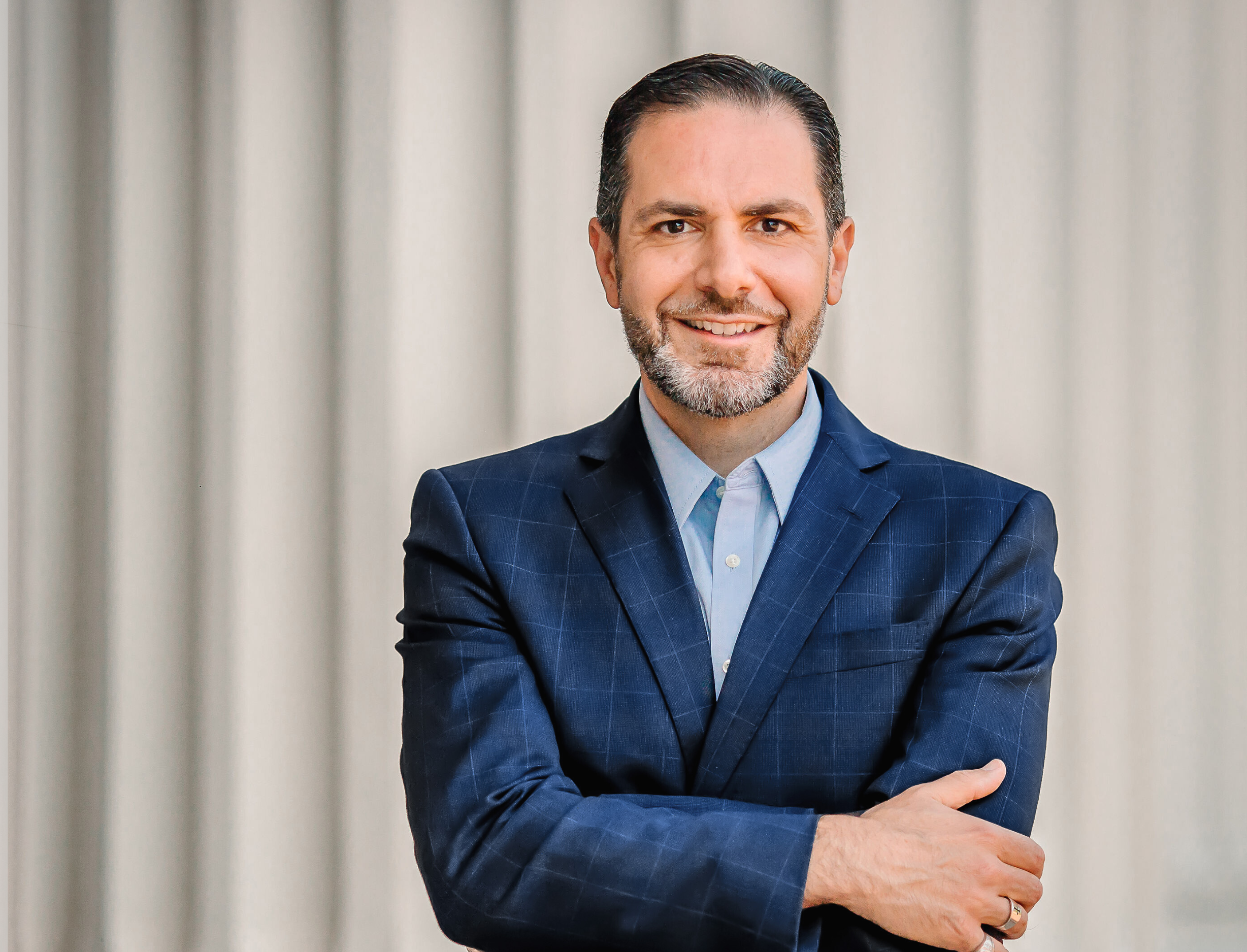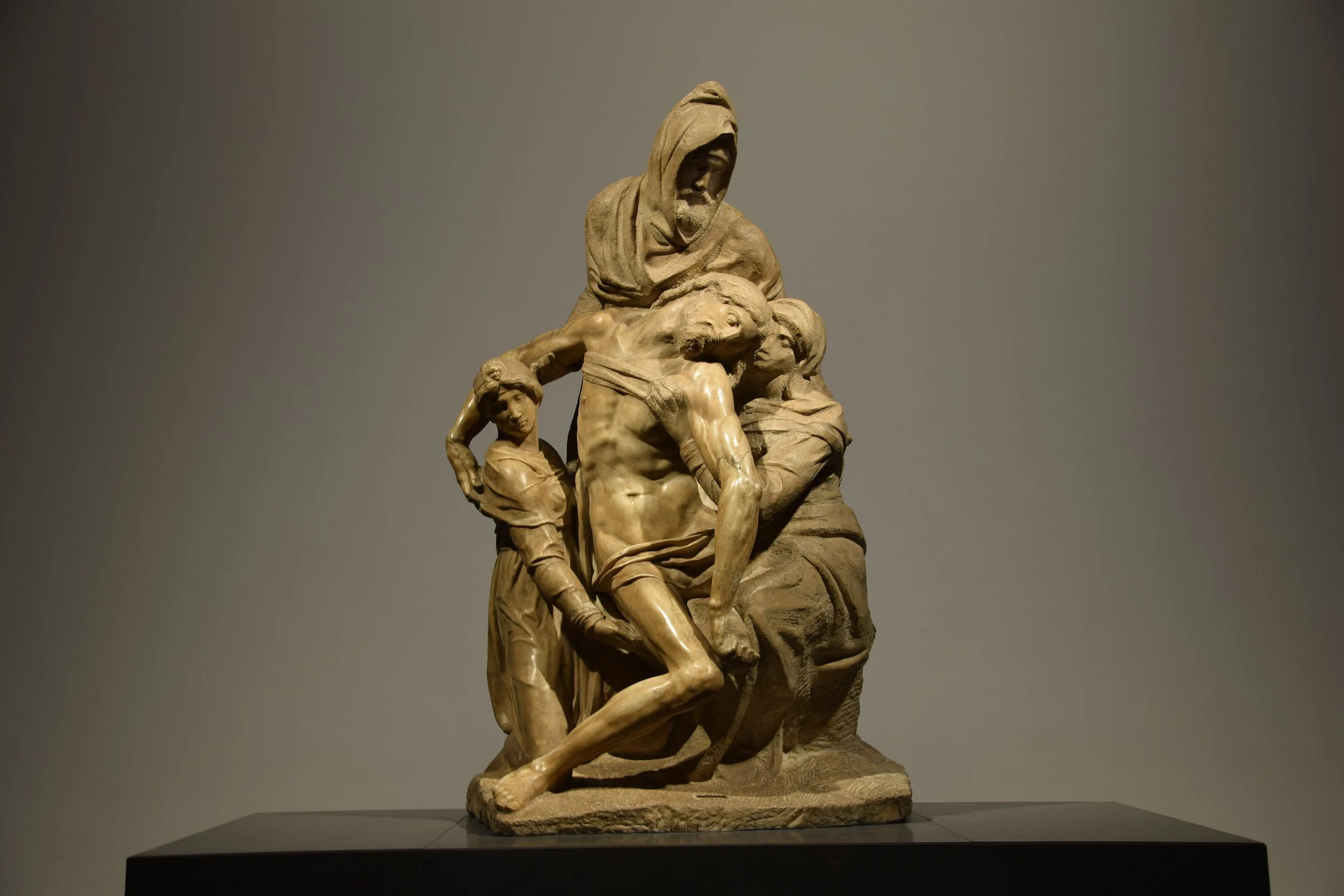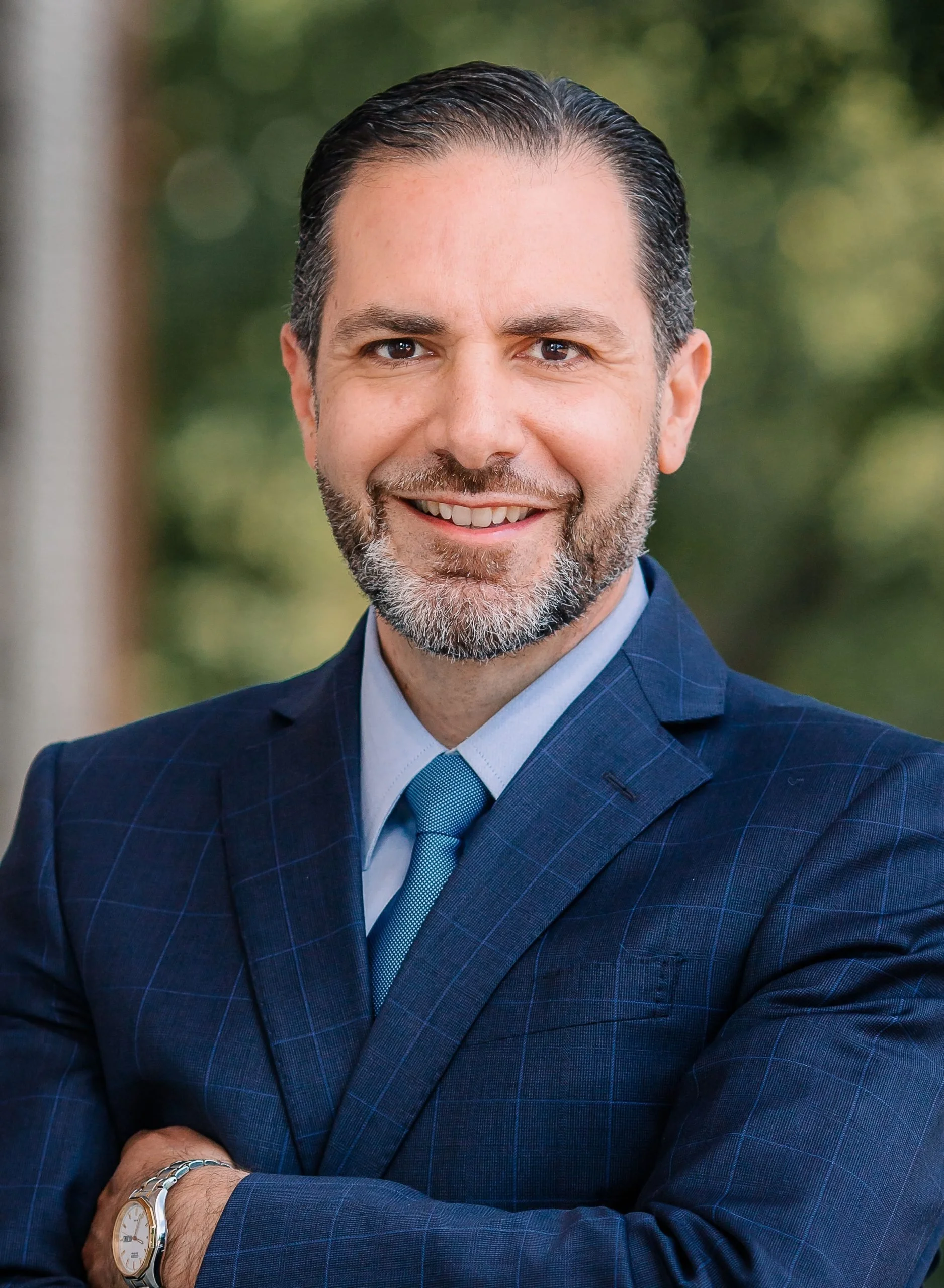Pastor
Author
Speaker
A Forthcoming Book
Michelangelo and the Italian Reformation
At the height of the Renaissance, the Florentine genius wrestled with how to encounter the living God, a struggle that shaped his tormented soul. This book will trace that inner crisis to reveal how he fought the perennial battle between grace and law through artistic perfection, desire, and devotion. Through Michelangelo’s spiritual journey, modern readers are invited to see their own questions of faith and longing reflected in a moment when Christianity stood on the precipice.
Preaching the Word
At the center of Christian worship stands the proclamation of God’s Word. These sermons are offered in service of that calling—opening Scripture, pointing to Christ, and inviting faith that takes shape in everyday life.
Watch Sermons
Written Works
My written work explores the intersection of theology, church history, and contemporary life. Drawing especially on the Reformation and the Catholic tradition of the church, these books and essays aim to help readers think more deeply about what it means to follow Christ today.
Read Books or Media
Invite Chris to Speak
I’m grateful for opportunities to serve through speaking and teaching in a variety of settings. Each invitation is approached with care for the particular context, listening first, shaping the conversation collaboratively, and addressing the questions people are genuinely asking.
View Media or Topics
About Chris
Chris Castaldo (BA, Moody Bible Institute; MDiv, Gordon-Conwell Theological Seminary; PhD, London School of Theology) was raised on Long Island, New York. Since 2002, he has served in the Chicagoland area, at College Church in Wheaton and then at Wheaton College where he directed the Ministry of Gospel Renewal. Since November of 2014, Chris has served as Lead Pastor of New Covenant Church, Naperville.
Chris is a senior fellow at the Center for Pastor Theologians and visiting Professor at the London School of Theology. He has authored and contributed to several books. He has written articles for publications such as Religion News Service, Christianity Today, Touchstone Journal, Credo Magazine, Themelios, The Gospel Coalition, and First Things.




